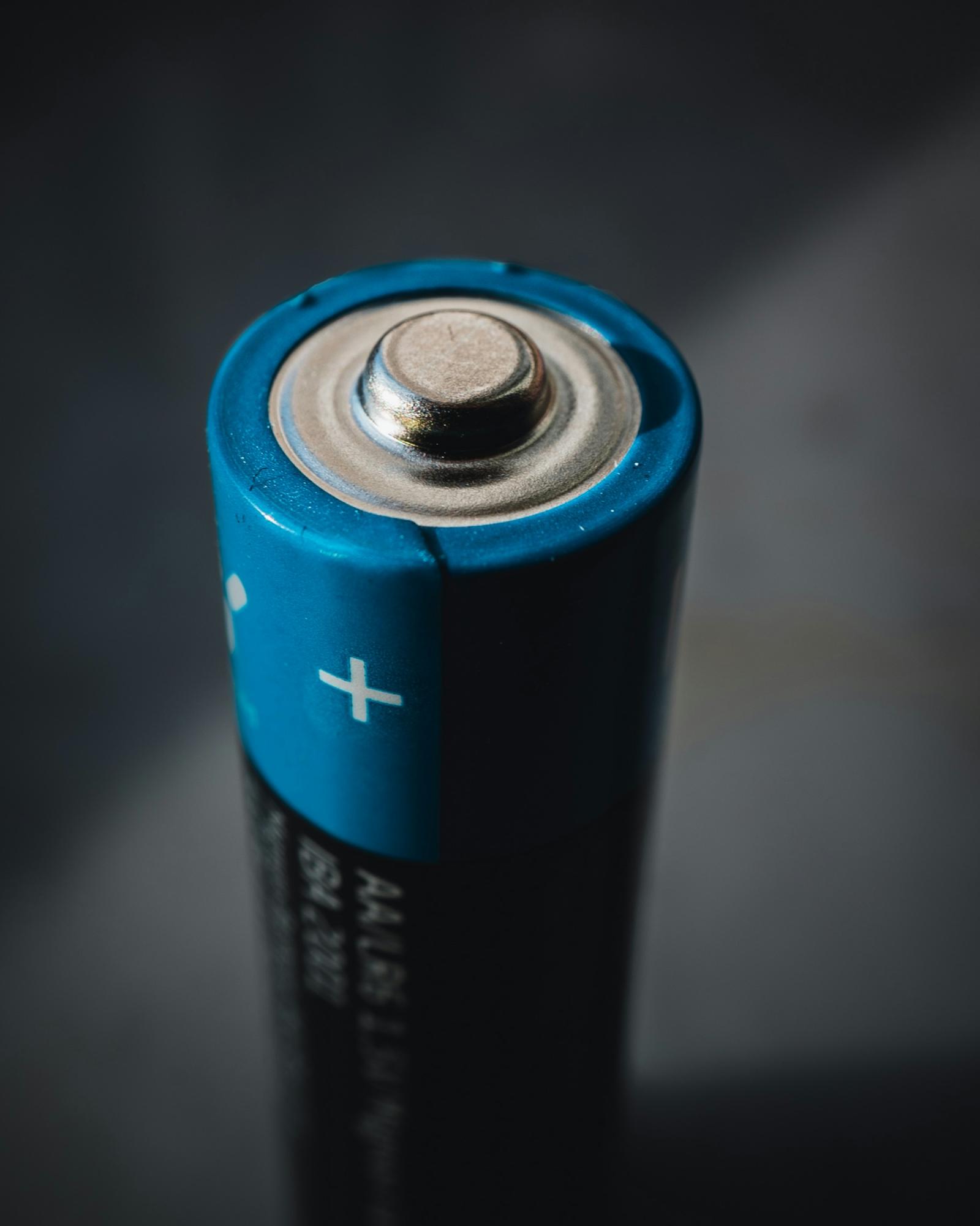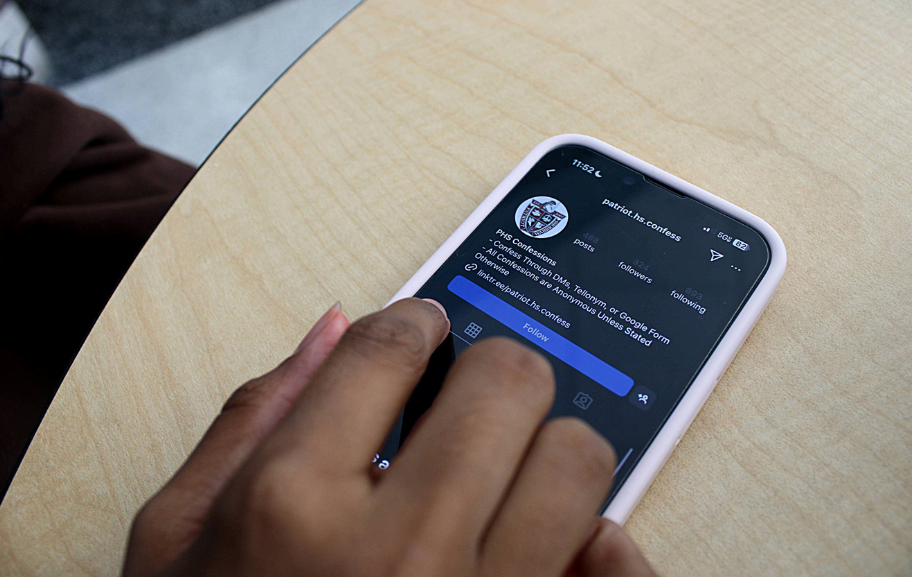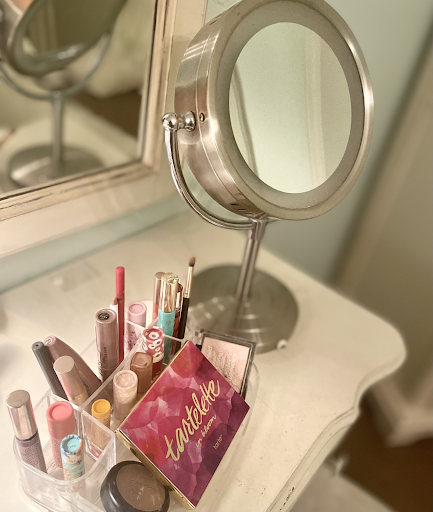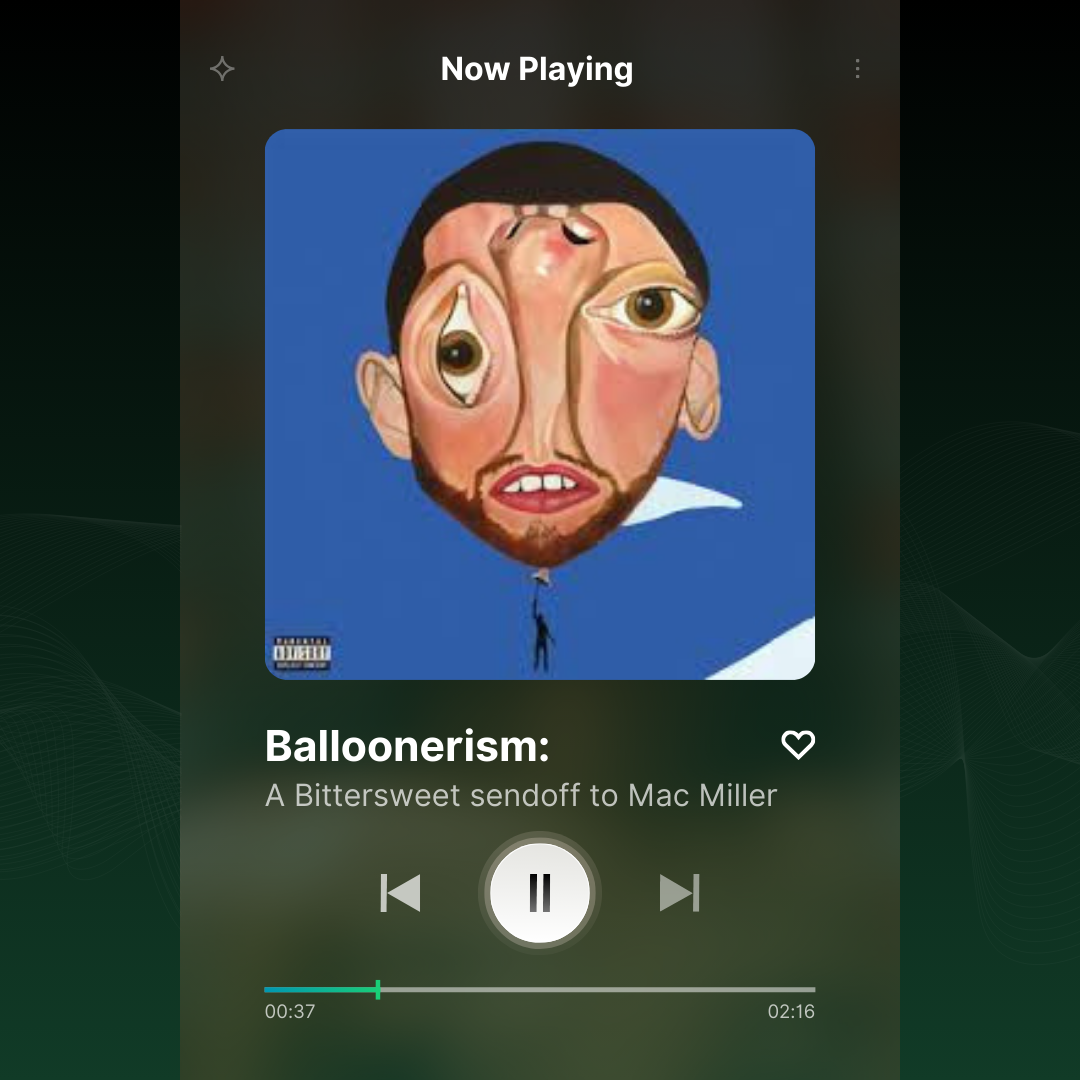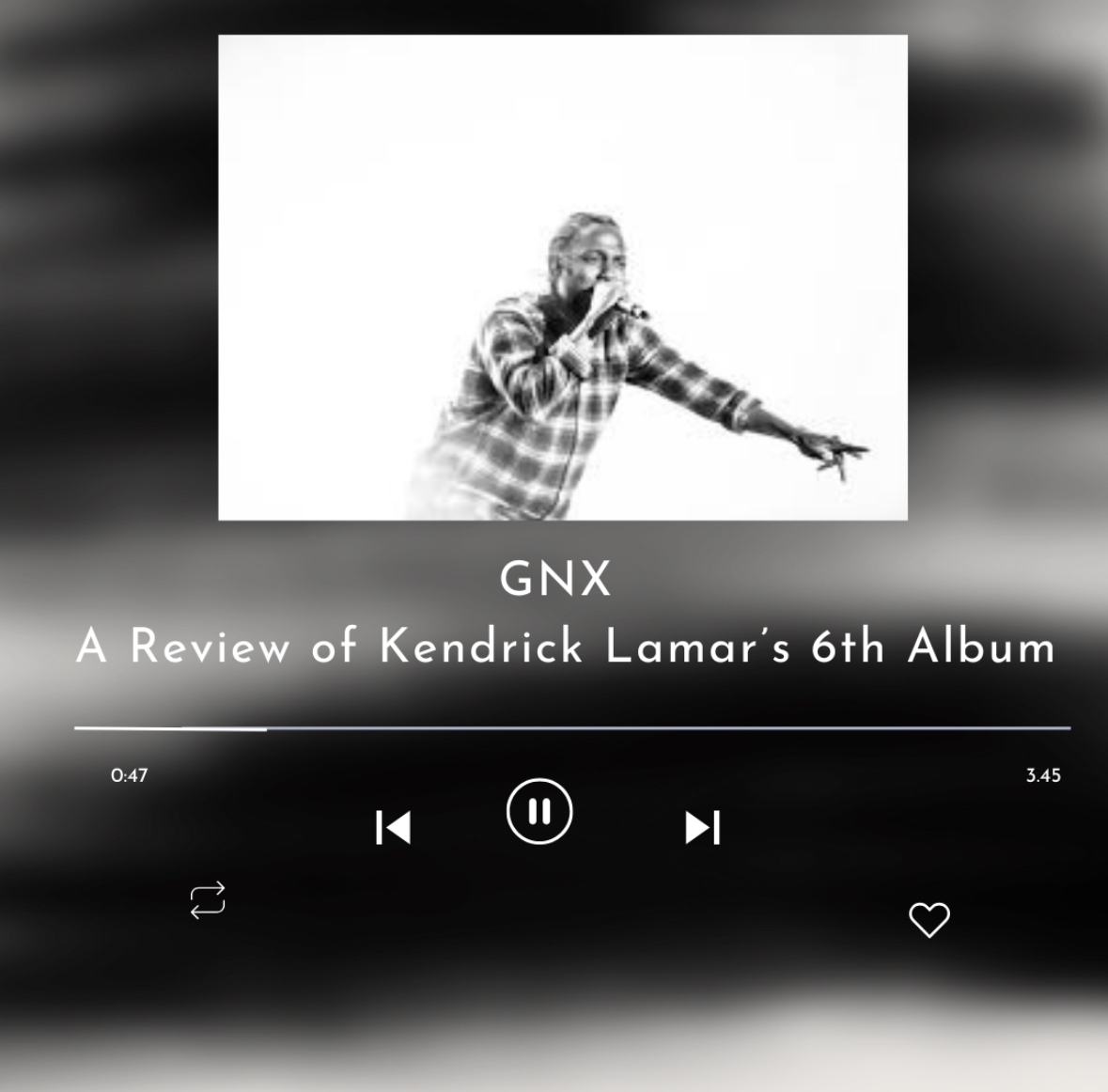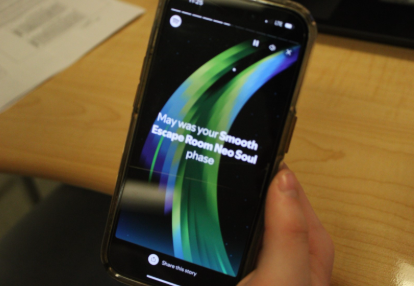The Story of Our Batteries
The rechargeable battery has become a staple of our modern life, inseparable from the gadgets and gizmos we use every day. As we begin to shift towards a more green and ecologically sustainable society, cobalt-based batteries are now front and center on the chopping block.
In part one of this series, we discussed the issue of cobalt mining and its impact on human rights abuses in the Democratic Republic of Congo. In part two, we’ll dive deeper into the legal and humanitarian aspects of this issue, examining the efforts made by international organizations and governments to address the exploitation of the Congolese people and the economic incentive to make greener batteries.
The Push for Cobalt-Free Batteries
The push toward more sustainable battery development has been ongoing for the past several decades pretty much all starting with the 1997 Kyoto protocol. This protocol laid out the framework for lowering global greenhouse gas (GHG) emissions, but instead of decreasing emissions, we’ve increased them . . . by about 12.66 billion tons. It’s really no surprise then, that batteries are often seen as the best option to reduce global GHG emissions. Although, like many things in life, there are always two sides (a dark side) to this coin (story).
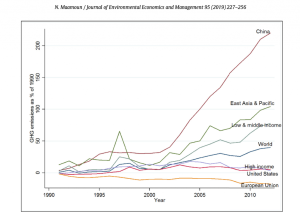
Cobalt is a key element needed for the production of rechargeable batteries, and it isn’t cheap. Despite its high cost, certain lithium-ion batteries can be composed of as much as 55% cobalt. This high dependence on cobalt combined with its associated logistic, economic, and ethical costs make its use in batteries relatively undesirable for many manufacturers.
Take Samsung for example. They, surprisingly, create and manufacture the batteries that power your iPhone, without which you’d probably not be able to read this article. Samsung has an estimated 693-million-dollar five-year contract with Glencore, a Swiss multinational mining company operating in the DRC. While Glencore gets most of its cobalt as a by-product of copper and nickel mining, artisanal mineral mines of all types, especially cobalt, in the DRC have been known to exploit children and communities for cheap or free labor as well as subject them to perilous working conditions.
Unregulated and irresponsible sourcing of cobalt from tier 1 suppliers such as Glencore and Huayou have inadvertently tainted battery manufacturers’ global supply chains with unethically mined cobalt. This cobalt is then eventually turned into batteries for devices that you and I may pay hundreds of dollars for, all the while innocent Congolese families struggle to put food on the table.
What Are Our Governments Doing?
The word environmentalist typically conjures up thoughts of either “hardcore tree huggers” or lab coat-wearing scientists, but it’s really much more than that. In places of the world that aren’t afforded the luxury of clean running water or stable food markets, the job of an environmentalist (to lobby in the government) is key.
The DRC is the world’s largest producer and exporter of cobalt, exporting over 130,000 MT of the element in 2022 alone. The country makes a pretty penny from the cobalt it produces, although it isn’t evenly distributed, but at a high human cost. Millions of acres of forests roughly equivalent to nearly 3000 Central Parks have been cleared since 2000 and environmentalists are fed up.
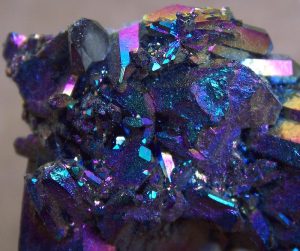
The DRC has several laws and regulations pertaining to artisanal mines and their legal use. Miners are only allowed to dig in designated zones scatters practically at random across the country. Despite this, artisanal miners continue to excavate and dredge up thousands of acres of land outside of the zones because they’ve simply “run dry.” Environmentalists lobby, not only the DCR’s government, but also international institutions and corporations who have vested interests in the Congo. One of the most recent examples of this was of the London Metal Exchange which took steps to ensure that all of its producers had met strict international guidelines regarding the sourcing, distribution, and labor used in the mining of cobalt.
What Companies Are Doing About It
In the midst of this environmental fiasco, companies around the globe are actively leading research to help pioneer a new cobalt and cruelty-free battery. Just recently in Tesla’s 2022 Impact Report the electric vehicle company highlighted their recycling and ethical sourcing of cobalt through their international partners. Tesla has actively met with NGOs and local artisanal mine sites to tackle issues such as health, safety, and child labor standards in the DRC. They’ve also regularly conducted audits of their suppliers to make sure that they adhere to strict human rights guidelines.
A little less recently, Apple completely discontinued its partnership with suppliers in the DRC who led non-machine-based cobalt mining operations. Samsung has also pushed toward a greener battery space in recent times after their run-in with unethically mined battery materials from their suppliers. Still, there is much more to be done.
